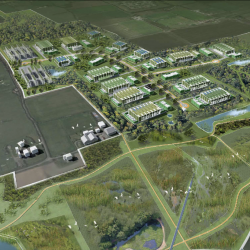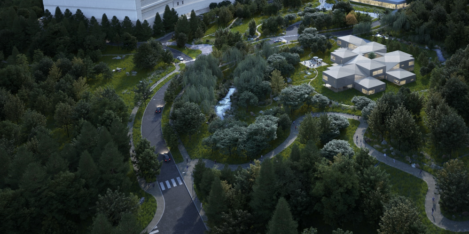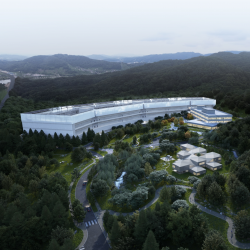To provide the best experiences, we use technologies like cookies to store and/or access device information. Consenting to these technologies will allow us to process data such as browsing behaviour or unique IDs on this site. Not consenting or withdrawing consent, may adversely affect certain features and functions.
The technical storage or access is strictly necessary for the legitimate purpose of enabling the use of a specific service explicitly requested by the subscriber or user, or for the sole purpose of carrying out the transmission of a communication over an electronic communications network.
The technical storage or access is necessary for the legitimate purpose of storing preferences that are not requested by the subscriber or user.
The technical storage or access that is used exclusively for statistical purposes.
The technical storage or access that is used exclusively for anonymous statistical purposes. Without a subpoena, voluntary compliance on the part of your Internet Service Provider, or additional records from a third party, information stored or retrieved for this purpose alone cannot usually be used to identify you.
The technical storage or access is required to create user profiles to send advertising, or to track the user on a website or across several websites for similar marketing purposes.
 Havering Council has agreed to move forward with the £5.3bn East Havering project, which will bring Europe’s largest datacentre to the borough in Greater London, delivering a major piece of national infrastructure. The Cabinet agreed for the council and its prospective partner, Digital Reef, to continue to develop the proposals to bring forward the site. This decision means the Council in its capacity as Local Planning Authority can begin to take a view on the appropriate planning route for this project. (more…)
Havering Council has agreed to move forward with the £5.3bn East Havering project, which will bring Europe’s largest datacentre to the borough in Greater London, delivering a major piece of national infrastructure. The Cabinet agreed for the council and its prospective partner, Digital Reef, to continue to develop the proposals to bring forward the site. This decision means the Council in its capacity as Local Planning Authority can begin to take a view on the appropriate planning route for this project. (more…)
































May 12, 2022
ESG ambitions should top organisational agendas
by Siobhan Byrnes • Comment, Environment, Wellbeing